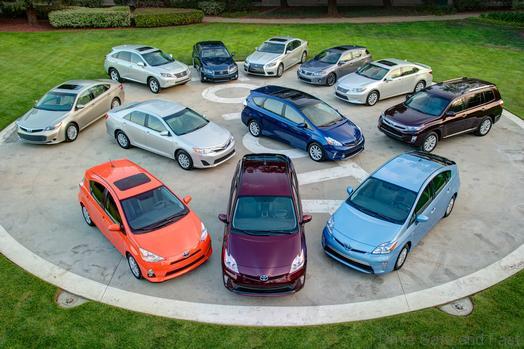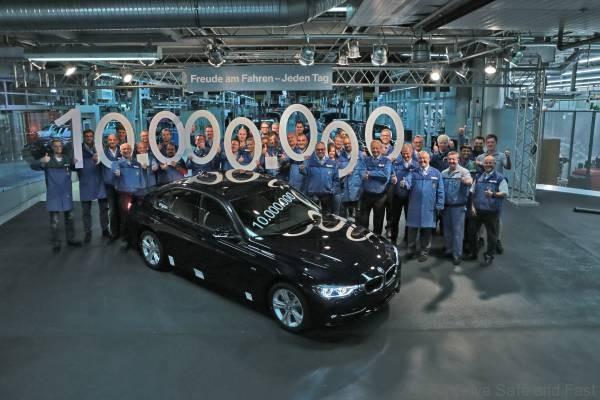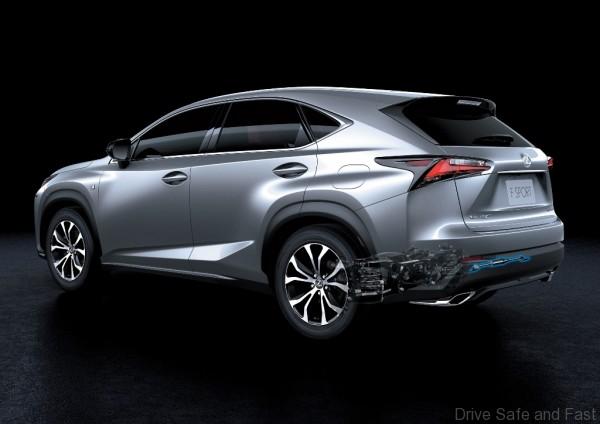Why the Japanese have held back on diesels, and why emission tests probably don’t scare them
Unless you’ve been living under a rock for the past week, the diesel car emissions testing witch hunt should be familiar to you. For most European manufacturers, there’s a potential number of lawsuits on the horizon, along with massive backlash from the public. But in the mean time, hybrid sales will most likely be driven up to fill the void left by diesel models.
To understand why the Japanese have preferred sticking to conventional technology and hybrids requires an understanding of the markets they target, as well as the environment back in their home country. The Japanese have always been very focused on fighting global warming, where the active ingredient is carbon dioxide. Diesel fuel, while having a higher energy content per litre than petrol, also puts out roughly 20% more carbon dioxide per litre.
Fuel prices and social acceptance are also a large reason for the Japanese affinity for hybrids. There was a point in time when diesel cars were largely banned from the Tokyo area, unless they were fitted with expensive and complex filtering devices. Until recently, diesel prices were also quite high in Japan, which was a deterrent for people to adopt diesel cars.
So far, Mazda is the only Japanese company that is making great strides with diesel passenger cars; Honda has a few diesel products, but they are aimed more at the Indian and European regions than in their home market. With a tight city environment to contend with, hybrid cars are also better as they function best in stop start conditions.
On the other hand, diesel is heavily subsidized in Europe in order to promote it over petrol. Diesels also tend to do better when travelling across great distances, as opposed to stop-start traffic. Europeans usually have to commute long distances from home to work and so forth, so a diesel is a far better choice from a financial point of view.
But when it comes to emissions testing, surely the Japanese will face the same problem as the Europeans. Cars, are cars, are cars after all- but perhaps not in this case. European manufacturers are locked in a constant arms race to produce engines with more power, more torque, and better gas mileage. It makes for a great show and makes it seem as though the Europeans have a massive tech edge over the Japanese, but the reality is a little different.
The Japanese have been very conservative with their technology. For example, while Toyota widely adopted turbocharging technology for performance cars up until the late 90s, very few of the products had any help from forced induction in the last decade or so. It is only now that they are willing to release their turbocharged motors for public consumption, but it’s likely that these engines have been in development for a long time. Honda is the same, shifting towards turbocharging, although Mazda still staunchly believes in the power of natural aspiration.
It is this conservative nature that allows them to make sure that they comply with regulations. They are not compelled to rush a product to the market just because of a competitor, and they will do the bare minimum to meet these constantly shifting emissions regulations. Even Mazda, with their promotion of their new diesel CX-5 in Japan, has been very careful with the development and have sought to brought compression ratios down to meet efficiency and emission standards. In due time, more Japanese manufacturers will turn to diesel for their passenger car market, on the same kind of scale as the Europeans, but we probably won’t see it for a few years.






















